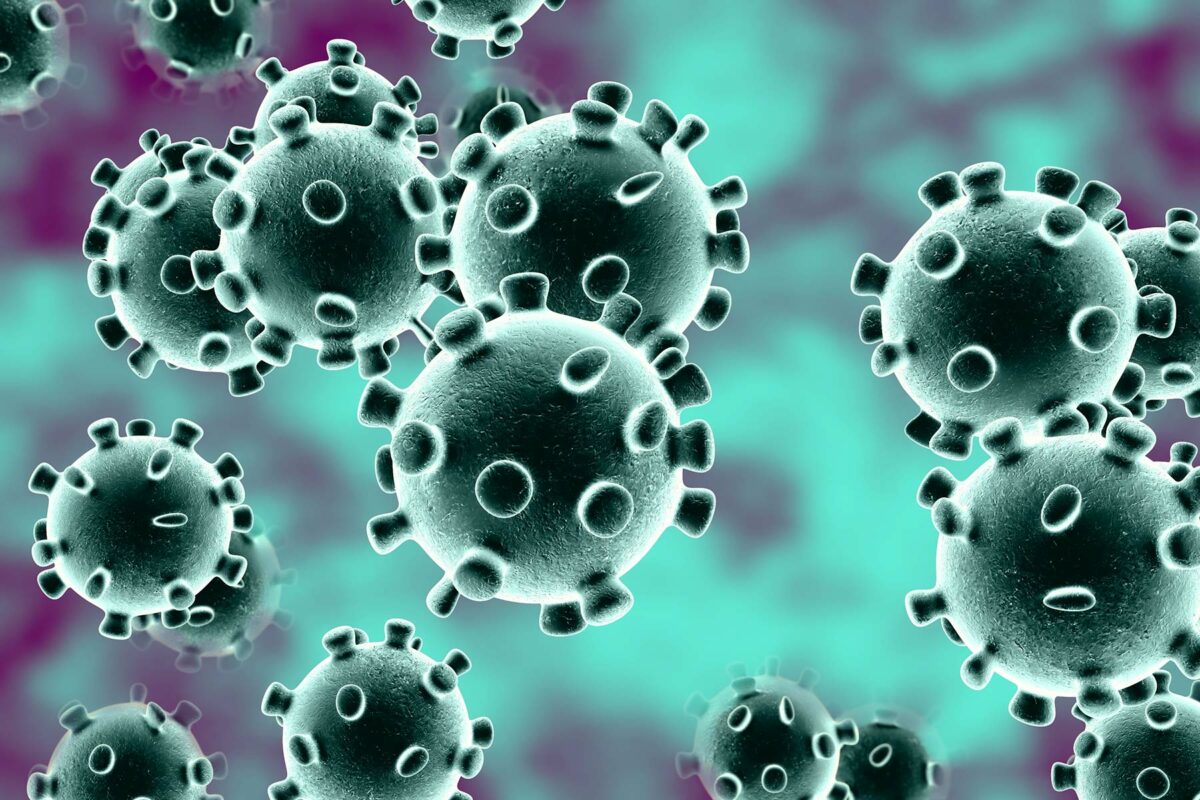The implementation of Sustainable Development Goal (SDG) 16 in Nigeria has witnessed a setback as a result of COVID-19-related violence.
SDG16 is supposed to help Nigeria attain a peaceful and inclusive society; ensure accountable institutions and justice for all citizens as reinforced in the Act Now for SDG 16+: Peace, Justice, Inclusion and Strong Institutions in a Pandemic.
Senate faults high cost of COVID-19 test
FG tells states to audit LGAs COVID-19 accounts
However, the pandemic eroded the gains that have been made, and subsequently exposed the inadequacies inherent in our society and government institutions as they pertain to ensuring peace and security in Nigeria.
Nigeria has been bedevilled by pockets of violent conflicts resulting in massive loss of lives, livelihoods and economic decline.
There is the lingering Niger Delta petroleum resources crisis, farmers versus herders’ conflict, militancy, kidnapping for ransom, and violent extremism, especially in the North East/Lake Chad Basin.
The sudden emergence of COVID-19 is considered tragic within this context, as it has compounded already existing challenges to peace and development of the nation and its people.
The lockdown of Abuja, Lagos and Ogun states, which was pronounced by President Muhammadu Buhari on the 29th of March, 2020 to help curb the spread of COVID-19, resulted in undesired consequences with implications for the implementation of SDG 16.
There were widespread incidences of violence in Lagos and Ogun states, with armed youth storming homes to loot and to rape women and girls.
Several reports also indicated a sharp rise in cyber crime in Nigeria and the rest of the world during this period.
There are also reports of high rates of domestic violence that were induced by the prolonged quarantine, forcing families to stay together indoors for a prolonged period of time.
Kidnapping and violent extremism – particularly in the North East of Nigeria – also spiked, as security forces battled to re-strategise and address the twin challenges of enforcing lockdown, and providing adequate security, including the combating of insurgents.
Violence on civilians by security agents during the lockdown also led to several deaths.
Subsequently, the space for civic engagement was also hampered by the restrictions.
Most civil society organisations could not move around to strategise, create awareness on COVID-19 or bring about civil society inputs into the process of prevention and halting the spread of COVID-19.
The issue of discrimination against foreigners was also rampant, for some Chinese contractors were reported to have abandoned site in Imo State due to fears of attacks.
An Italian couple’s hotel booking in Abuja was allegedly abruptly cancelled before the lockdown for fears they might be COVID-19 positive.
This was despite the fact that they have not left the country for several months.
The analysis of the incidences of violence, crime, fear and discrimination that characterised the outbreak of COVID-19 in Nigeria – and the side-effects of the proclamation of quarantine in Abuja, Lagos and Ogun states, including the various lockdown measures taken in the other 34 states of the country – is the opposite of what SDG 16 sets out to achieve.
SDG 16 envisages peaceful societies that are devoid of insecurity and discrimination.
For Nigeria to avoid another lockdown, and to ensure the implementation of SDG 16, all citizens must come together and support each other in abiding by the COVID-19 guidelines of the NCDC.
These recommend the practice of social/physical distancing, the wearing of facemasks, and getting tested, as well as undergoing timely and NCDC-supervised treatment for all those who test positive.
This collective effort will help to prevent another round of lockdown, and can help to reduce misinformation, tensions and conflict in the country, and strengthen the resilience of communities.
This will prepare us to deal with both the current circumstances as well as a post-COVID-19 world.
In doing so, we can aim to localise the values of SDG 16 – peaceful, just, and inclusive societies – on our path towards the achievement of the Sustainable Development Goals in Nigeria by 2030.
Theophilus Ekpon, Centre for Sustainable Development and Education in Africa [email protected]

 Join Daily Trust WhatsApp Community For Quick Access To News and Happenings Around You.
Join Daily Trust WhatsApp Community For Quick Access To News and Happenings Around You.

